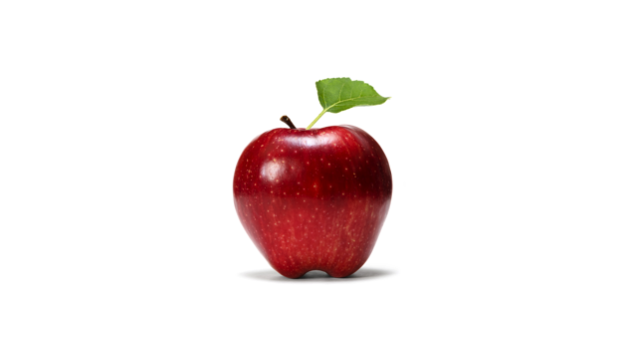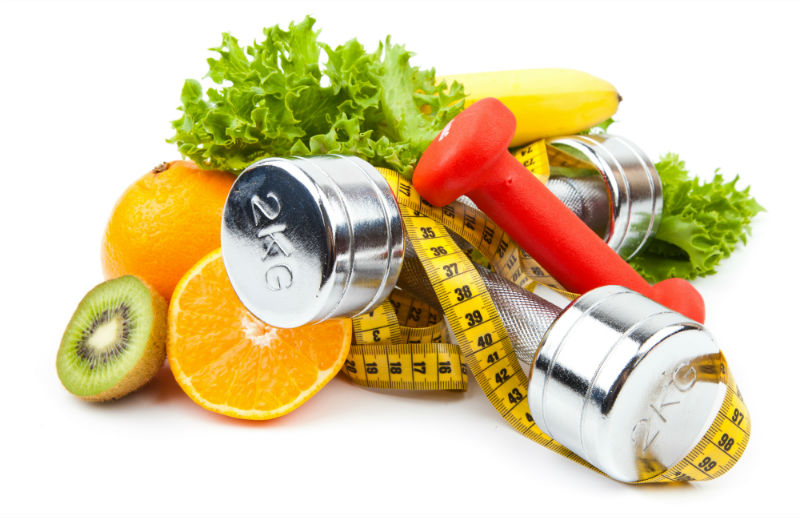Your cart is currently empty!
Category: food
-

Learn the truth about fruit…is it the diabolical diet-killer it’s sometimes made out to be or is it just fruit and actually pretty good for you?!
The answer to the question of whether fruit can or will make you fat isn’t as simple as yes OR no…because the answer is yes AND no. Sound confusing? It’s not so bad! There have been studies done on fruit sugar (fructose) and how it’s metabolized in the body and liver, which I’ll get into…
-
Are you a sugar or fat burner?
It is important to use the right fuel… both for cars and for people. For instance, one could put aviation fuel or diesel fuel into a gas burning automobile engine and it would burn for a while the wrong fuel… but the engine would be damaged because it would be damaged by excess heat and/or…
-

The mighty apple
Apple nutrition facts – the mighty apple An old proverb attests to the health benefits: “An apple a day keeps the doctor” So an apple a day is perhaps the most delicious prescription ever made. However it will take more than a daily apple to keep you healthy Apples are a source of both soluble…
-
How to overcome emotional eating
Stop trying to “fix” an internal problem with external solutions. Since our beliefs drive our behavior, healthy or unhealthy, then it stands to reason going on another fad diet isn’t the answer to an internal problem. You have to go inside and address the beliefs that are driving you to emotional eating, drink to excess,…
-
Overweight? expect to lose 6-10 years of your life
With two out of three Americans (children included) overweight today, we’re learning more and more about the numerous ways that carrying excess weight can really affect our health and diminish our quality of life. But you may not have heard the hard facts about how overweight and obesity can diminish your quantity of life. Simply…
-
Are you getting enough fat in your diet?
Despite being vilified for many years, dietary fats are one of the 3 main nutrients that your body needs to function properly. Their numerous health benefits include controlling blood levels of cholesterol and glucose, preventing the development of cancer, reducing your heart disease risk and supporting your vital organs (including your brain, your heart, your…
-
Stabilize blood sugar levels
Blood sugar regulators help to moderate the release of insulin or stabilize blood sugar levels, reducing appetite and cravings and leading to fat loss. Chromium: A mineral that helps to regulate blood sugar and improve glucose tolerance, helping to suppress appetite. Arginine And Leucine: he amino acids arginine and leucine are noncarbohydrate inducers of insulin.…
-
Are you a typical American? Why are we eating so much?
The average American consumes around 4000 calories a day and counting! That’s anywhere from 1500 to 2500 more calories than the average man or woman really needs (children and athletes have different needs). Translation: 3500 calories is equivalent to one pound. If you’re an “average American”, you could be eating anywhere from 12 to 15…
-

Food choices and serving sizes
VEGETABLES You can eat an unlimited amount of vegetables from the list below (use organic whenever possible). Your vegetable intake should be twice the amount of fruit intake. Average serving size = ½ cup No dried or canned vegetables; frozen OK Fresh juices made from vegetables are also allowed Most vegetables may be steamed for…